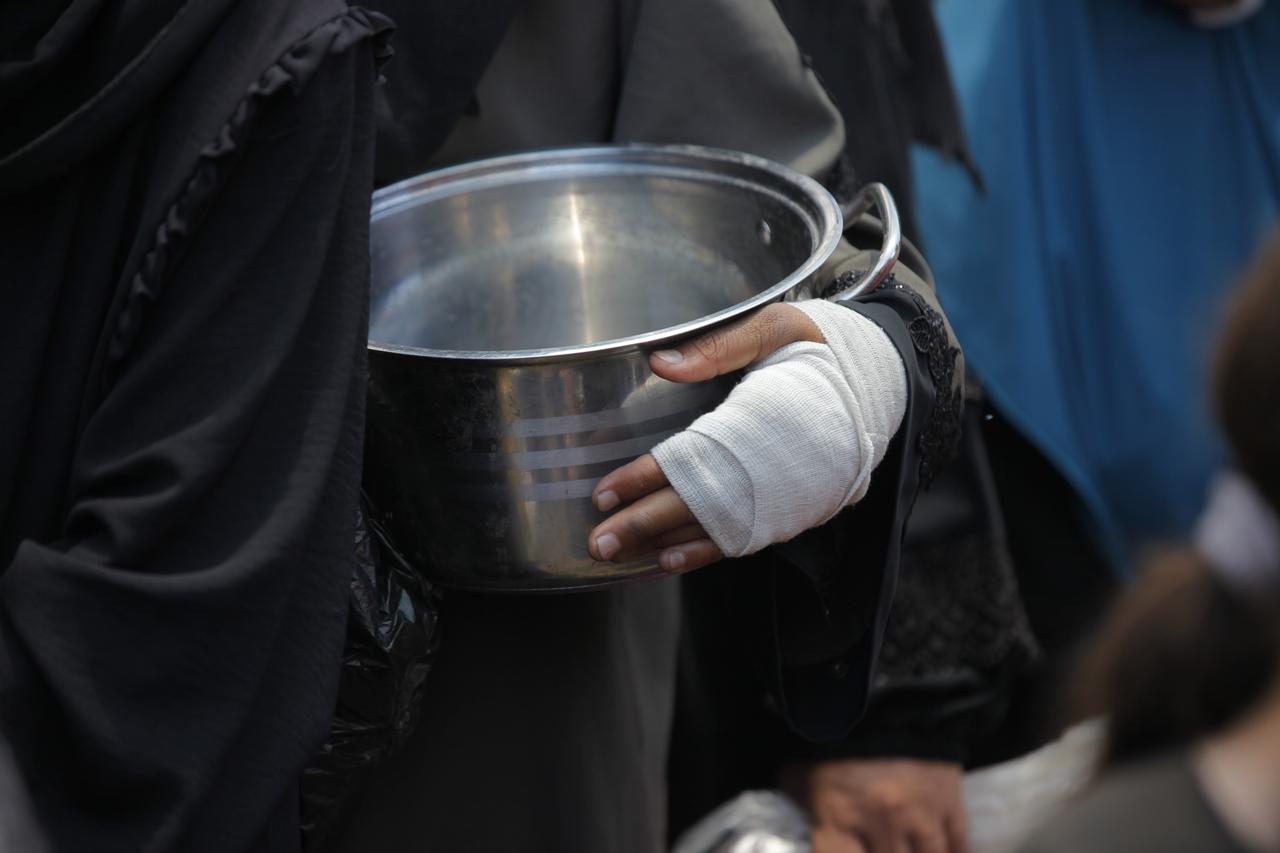
U.N. human rights chief Volker Turk declared Tuesday that "deadly attacks" on civilians around aid distribution sites in Gaza constitute "a war crime," following reports that Israeli fire killed 27 people near an aid center in Rafah.
"Deadly attacks on distraught civilians trying to access the paltry amounts of food aid in Gaza, are unconscionable. For a third day running, people were killed around an aid distribution site run by the “Gaza Humanitarian Foundation”. This morning, we have received information that dozens more people were killed and injured," Turk said in a statement.
"There must be a prompt and impartial investigation into each of these attacks, and those responsible held to account. Attacks directed against civilians constitute a grave breach of international law and a war crime," the statement added.
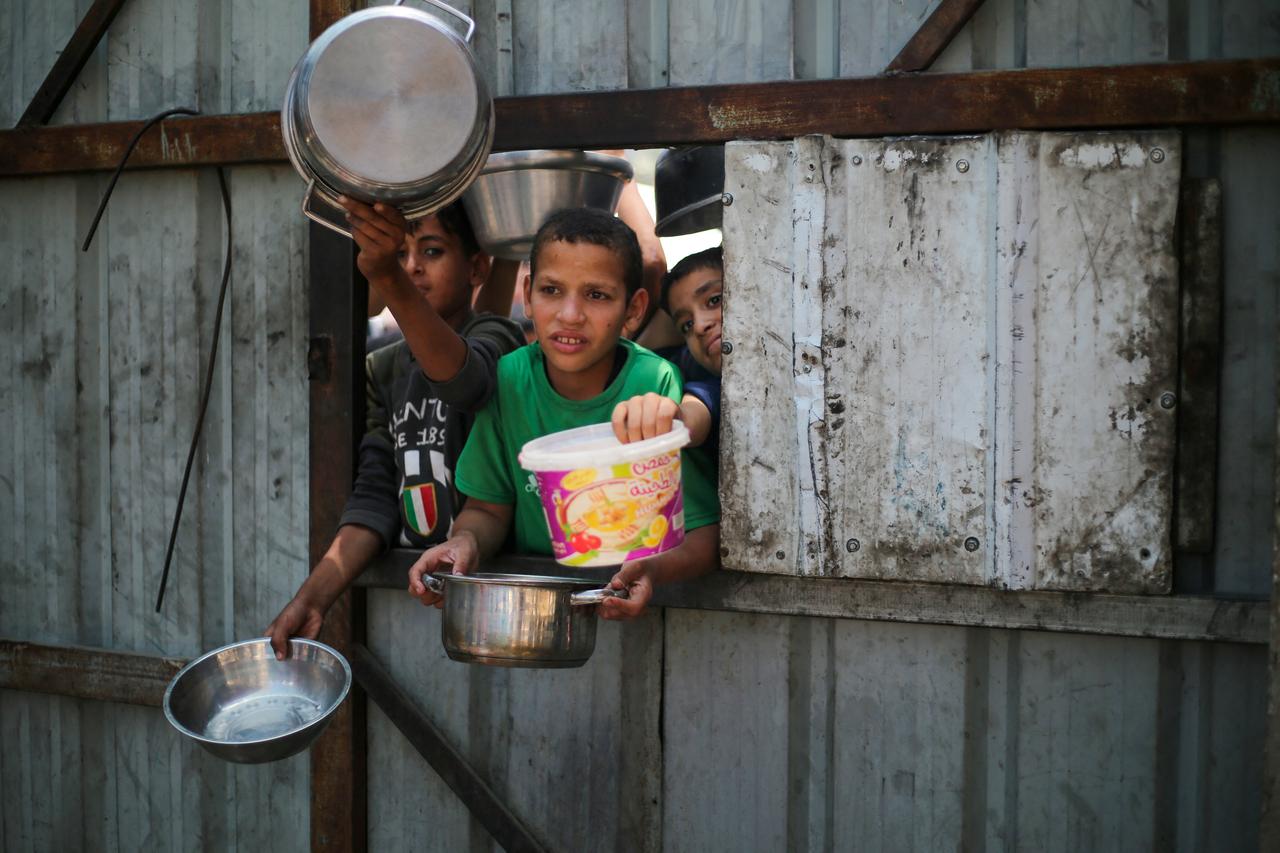
The Tuesday incident marks the third consecutive day of deadly violence around aid distribution sites. Rescuers reported that Israeli forces opened fire on civilians near a U.S.-backed aid center in southern Rafah, killing 27 people and wounding more than 90.
"For a third day running, people were killed around an aid distribution site run by the Gaza Humanitarian Foundation. This morning, we have received information that dozens more people were killed and injured," Turk stated.
A similar incident on Sunday at the same Al-Alam roundabout location killed 31 people and wounded 176, according to Gaza's civil defense agency.
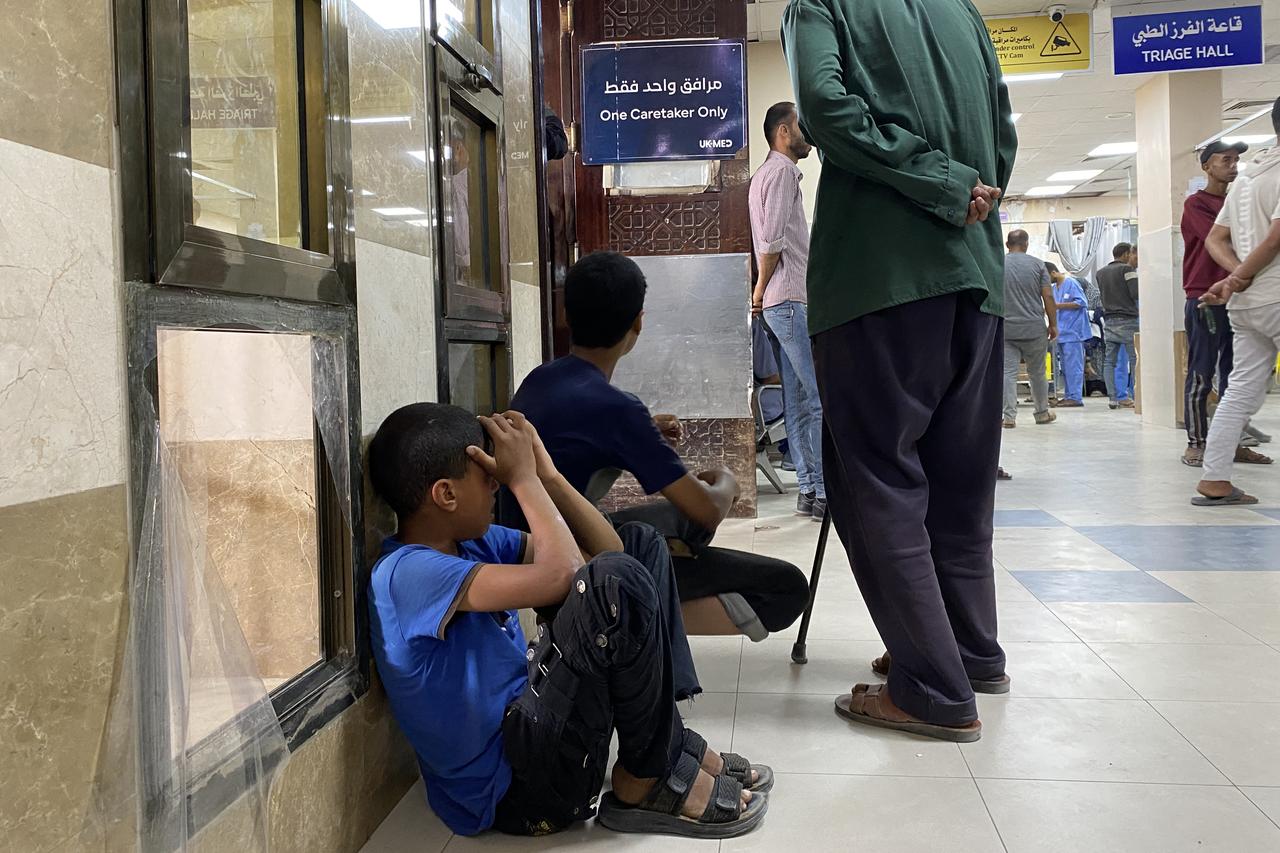
The Israeli military said troops fired warning shots when they observed a crowd "deviating from the designated access routes" while moving toward the aid center.
"The troops carried out warning fire, and after the suspects failed to retreat, additional shots were directed near a few individual suspects who advanced toward the troops," the military stated, adding it was "aware of reports regarding casualties" and investigating the details.
The army maintained it was "not preventing the arrival of Gazan civilians to the humanitarian aid distribution sites."
Rania al-Astal, 30, said she went to the area with her husband to get food. "The shooting began intermittently around 5:00 am. Every time people approached Al-Alam roundabout, they were fired upon," she told reporters.
Mohammed al-Shaer, 44, described how "suddenly, the Israeli army fired shots into the air, then began shooting directly at the people. A helicopter and quadcopters started firing at the crowd to prevent them from approaching the tank barrier."
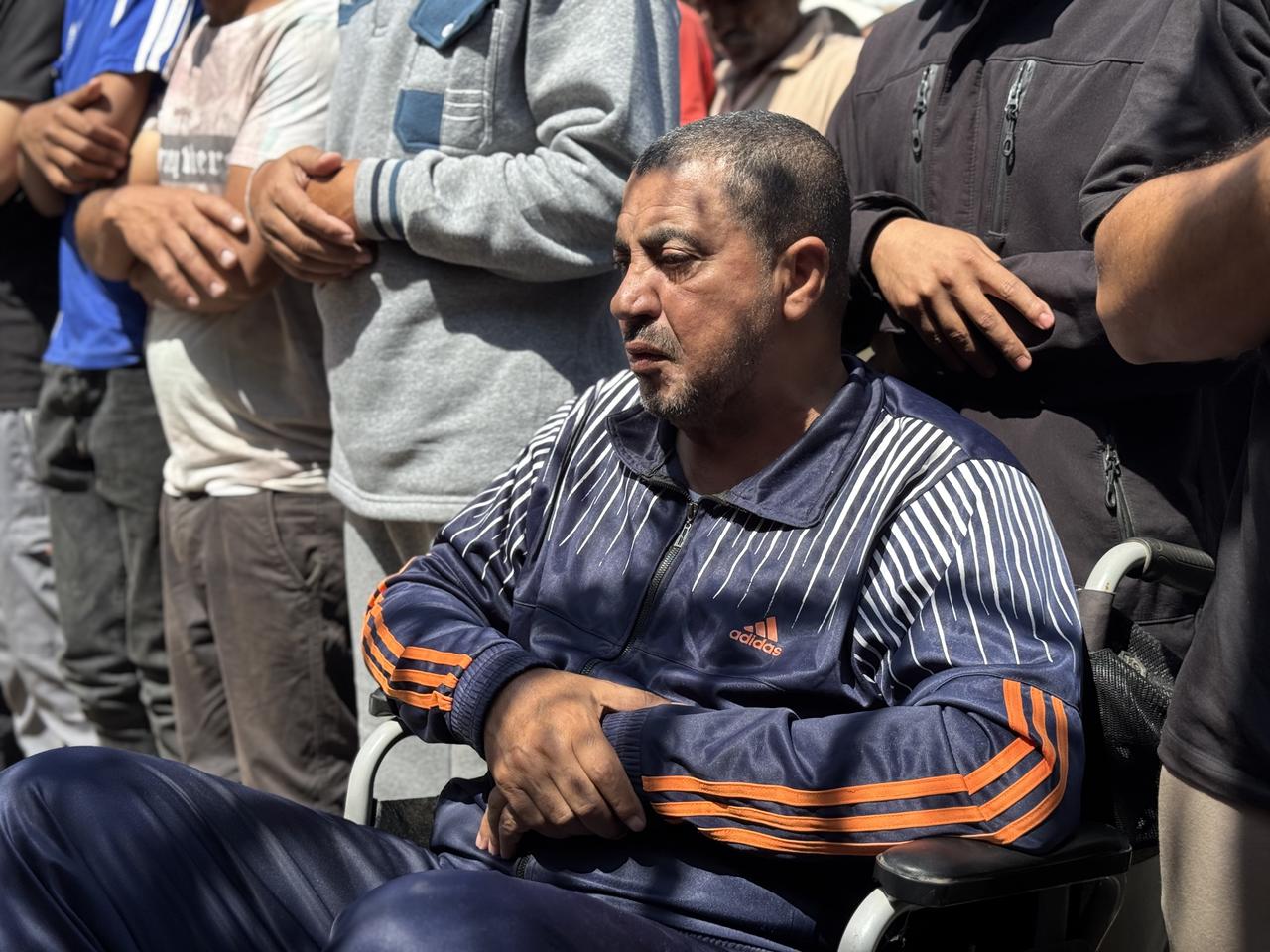
The incidents occurred near a center operated by the Gaza Humanitarian Foundation (GHF), a recently formed US-backed group that Israel has worked with to implement a new aid distribution mechanism.
The United Nations and major aid groups have refused to cooperate with GHF, saying it contravenes humanitarian principles and appears designed to serve Israeli military objectives rather than neutral humanitarian goals.
"Palestinians have been presented the grimmest of choices: die from starvation or risk being killed while trying to access the meagre food that is being made available through Israel’s militarized humanitarian assistance mechanism," Turk noted in his statement, adding, "This militarized system endangers lives and violates international standards on aid distribution, as the United Nations has repeatedly warned."
"The wilful impediment of access to food and other life-sustaining relief supplies for civilians may constitute a war crime. The threat of starvation, together with 20 months of killing of civilians and destruction on a massive scale, repeated forced displacements, intolerable, dehumanizing rhetoric and threats by Israel’s leadership to empty the Strip of its population, also constitute elements of the most serious crimes under international law," U.N. human rights chief added.
Turk called for "a prompt and impartial investigation into each of these attacks, and those responsible held to account." He warned that the "willful impediment of access to food and other life-sustaining relief supplies for civilians may constitute a war crime."
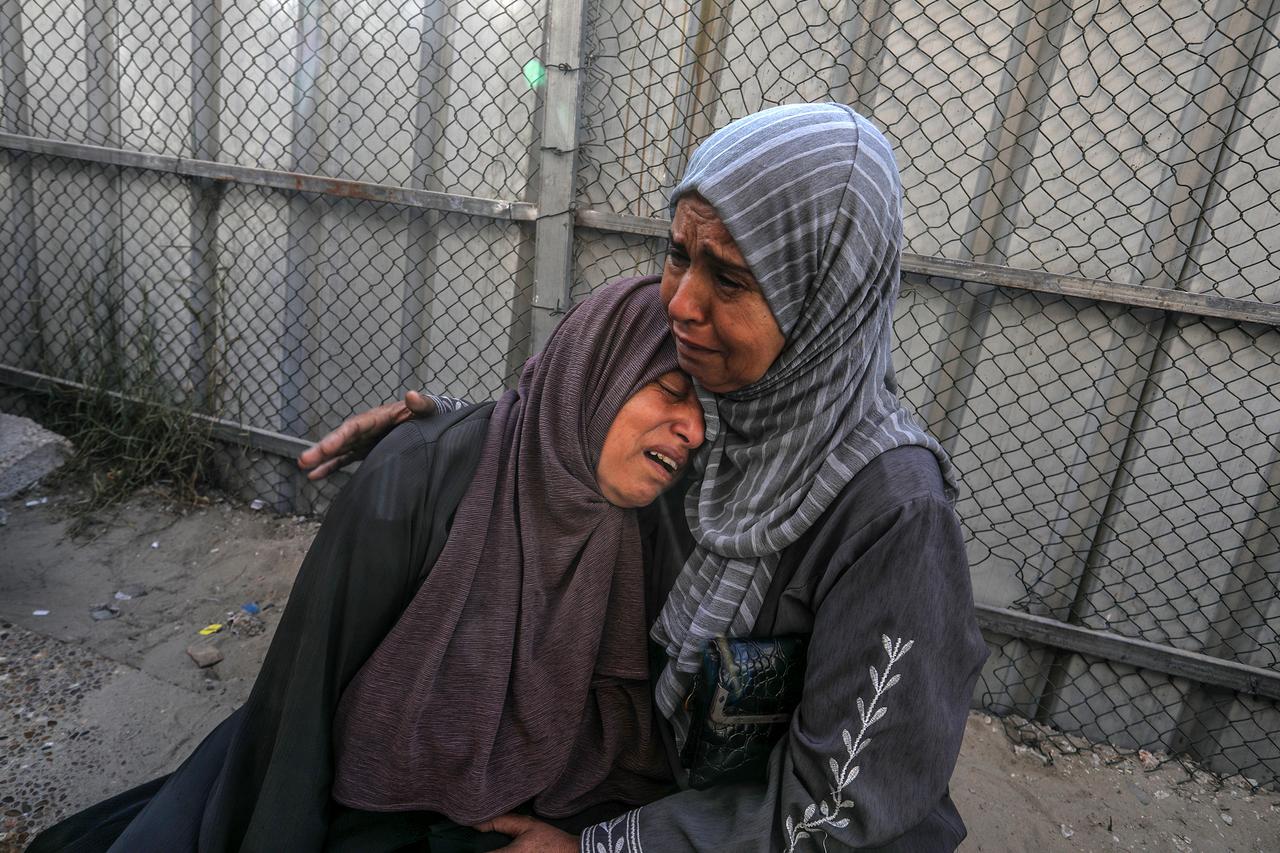
European Parliament President Roberta Metsola called for the European Union to question the fate of humanitarian aid sent to Gaza but blocked by Israel from entering the territory.
"The European Parliament has been extremely clear on this from the first day, calling for a permanent cease-fire, the release of hostages, and, increasingly importantly, allowing aid to enter. The situation in Gaza is catastrophic. Children, women and men are dying every day, and as the number one contributor of humanitarian aid, we should be asking where that aid is going and how it will reach the people who need it most," Metsola said during a joint press conference with Danish Prime Minister Mette Frederiksen.
Metsola emphasized that the EU must work toward a two-state solution and referenced heated debates on the issue in the European Parliament. She noted that the EU-Israel Association Agreement is currently under review.
"We have never shied away from asking the questions that need to be asked. Every time we see human lives, innocent human lives, civilians being bombed indiscriminately, we will be the first to speak out and the first to condemn," Metsola stated.
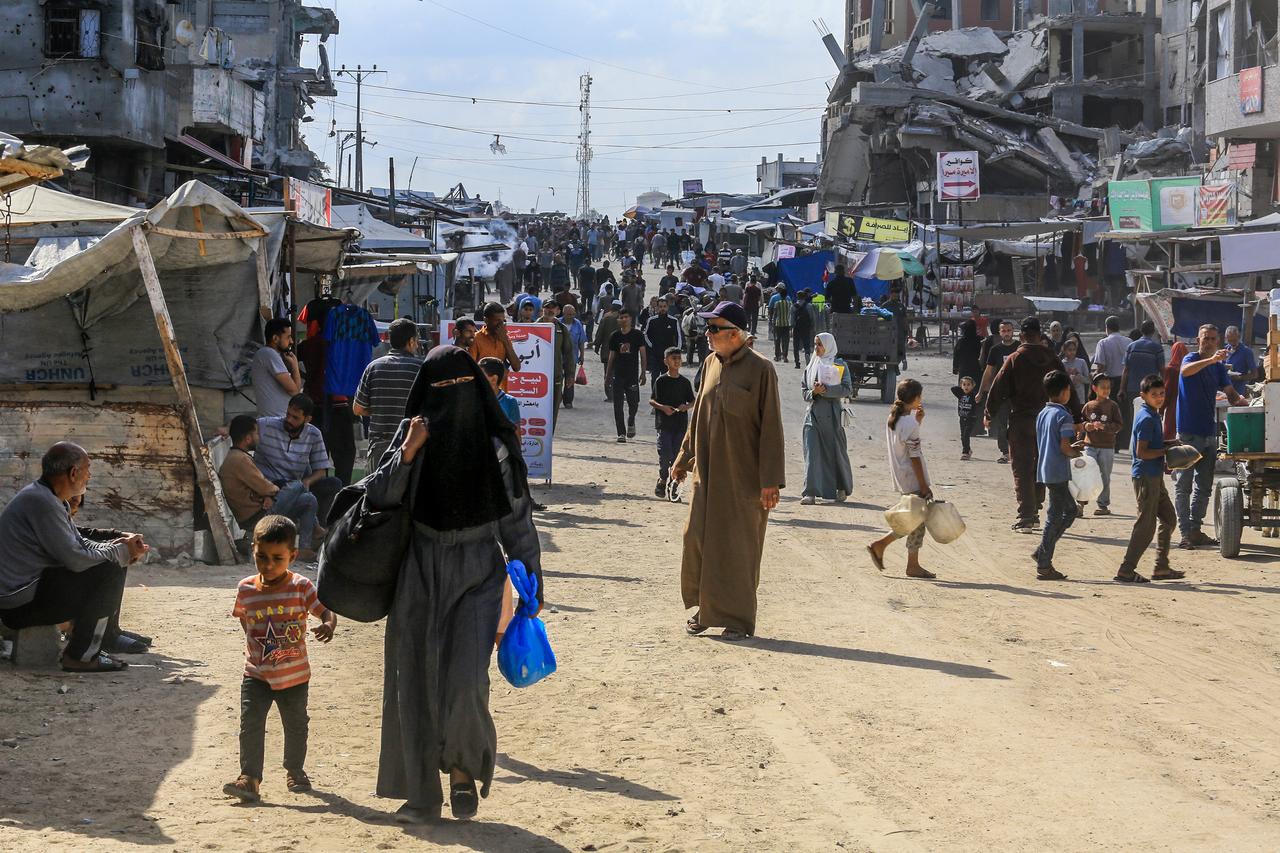
Danish Prime Minister Frederiksen, whose country will assume the EU rotating presidency on July 1, agreed on the dire situation: "I completely agree that the situation on the ground is horrific and aid needs to enter Gaza immediately. We need a ceasefire to ensure that. Of course, all hostages must also be released. We must push our partners in Israel to take care of, especially the civilians in Gaza, and find a way forward."
EU High Representative for Foreign Affairs and Security Policy Kaja Kallas had previously reacted on May 20, saying that humanitarian aid waiting at the border due to Israel not allowing entry into Gaza was "financed with European money" and therefore should be allowed in.
The criticism from top EU officials reflects growing frustration with the effectiveness of European humanitarian assistance to Gaza amid Israeli restrictions and the controversial aid distribution mechanisms that international organizations refuse to support.
Israel has come under mounting pressure to improve the humanitarian situation in Gaza, where people face severe shortages of food and other essentials after Israel imposed a blockade on supplies.
The GHF claims to have distributed more than seven million meals' worth of food since beginning operations on May 27, but aid agencies warn of famine risk among Gaza's more than 2 million residents.